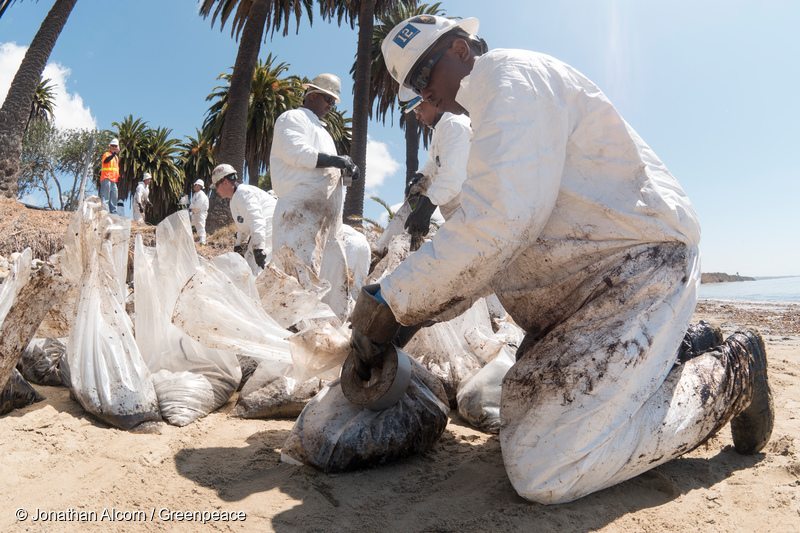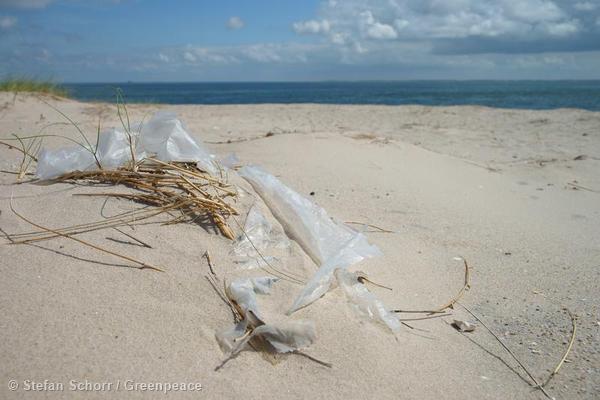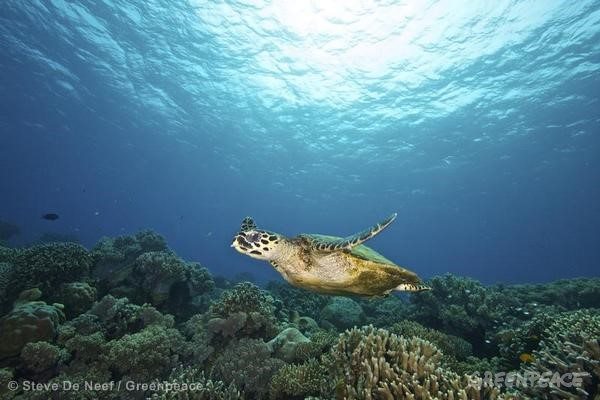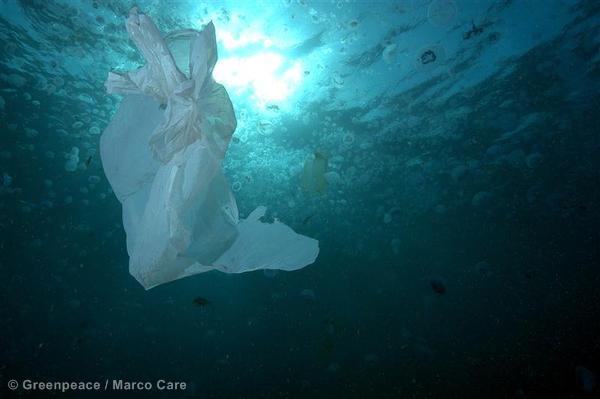‘I’ll just chuck it in my backpack’.
That’s what I said to the cashier in Albert Heijn, the biggest Dutch supermarket on the streets of Amsterdam.
She had tried to charge me .50€ cents for a plastic bag so that I could carry my bunch of bananas 100m down the road. It was more than the bananas themselves had cost.

As an Australian, my initial thought was why on earth do I have to pay for my supermarket bag? Coles gives me as many bags as I need for free. In fact, most Australian retailers will hand over an item dependent sized plastic bag every time you make a purchase.
I put my bananas in my backpack and walked home to avoid the .50€ cent fee. While I was walking home, I realised that a plastic bag was a completely unnecessary and wasteful resource to supply me with. I also realised that while a lot of Australians are environmentally conscious, out of habit, we still accept plastic bags to move our groceries from A to B.
Europe has nailed the concept of minimising plastic wastage when it comes to bags. All fruit is packaged in paper bags (not just the mushrooms) and often retailers don’t give you a bag with purchase. International companies like Apple have gone even further and use emails to send receipts after purchase. This technique is an exceptional way to minimise paper usage and keep everything electronically filed for future reference. It’s resourceful, and saves you searching for your paper receipt months down the track when your computer battery unexpectedly fails.
The plastic bags we are receiving from the supermarket are often not biodegradable and they are not environmentally friendly. It’s the ‘single use’ bags that we use to transfer groceries from the shop to the car that are the problem. We use them once, and then throw them in the bin.
While the life of these bags is relatively short, the environmental impact they cause is enormous. They are energy-intensive to produce and their lightweight texture causes them to float away when left outside. Then they end up in the ocean, choking our marine life to death.
South Australia have been the first to crack down on plastic bag pollution, banning the bag in 2009. We need to follow their lead as the rest of us rely on these bags without thinking. If supermarkets started charging for bags, people would think twice before leaving the house. Charging people for bags means they are still available if necessary, but the use of them would reduce significantly.
Canvas bags are the perfect environmentally friendly equivalent. They are stronger, bigger, reusable and easy to store at home. If we are able to minimise plastic waste in supermarkets, we will save money, time and a whole lot of energy.
The next time I went to the supermarket, I bought a backpack to carry my goods home. And I did this every single time I went to the supermarket for the next 7 months. Think about how many plastic bags that little old me – a one-person show, saved in that time. (I calculated – it was about 84 bags!)
Using less plastic and learning about recycling might not sound like a lot of fun, but it could save a turtle’s life. Here are 9 practical and achievable things you can start doing right now to cut down your plastic use and help prevent the senseless death of marine animals:
1. Sign the petition to Sate Environment Ministers around the country yet to ban single-use plastic bags and demand they step up to stop plastic pollution.
2. Learn more about plastics and how to recycle them. This blog will take you through what you can and can’t recycle, and other organisations like Planet Ark have great learning resources to help guide you.
3. Teach your friends and family about the importance of proper recycling. More people would think twice about littering if they knew the consequences plastic pollution has on our waterways, oceans and marine life. Share the information you find and try to positively influence the consumption and recycling habits of those around you.
4. Join an initiative to help clean up your local area. Whether it’s participating in the annual Clean Up Australia Day or joining a Responsible Runners group – there are lots of ways you can have fun and curb plastic pollution at the same time.
5. Or, if you’d prefer, fly solo and join the Take3 challenge: pick up three pieces of litter from your local beach, river, park or street every day.
6. Check the products you buy for microbeads. Often the use of microbeads – tiny plastic beads found in many cosmetics and toiletries – is advertised, but they can also be hiding in the ingredients list. Luckily, the folks at Beat the Microbead have made an app to help you find out if these tiny pollutants are in your favourite products.
7. Remember to bring your reusable containers with you. Cloth shopping bags, stainless steel water bottles and travel mugs are great – as long as you’ve got them with you when you need them.
8. Opt out of disposable plastics when you’re eating out. Doing things like bringing your own container and recyclable or compostable cutlery for take-out meals and saying no to straws may seem strange, but it’ll help you cut down on one-use plastics.
9. Think about excess packaging whenever you’re making purchases. Try to veer towards foods and goods packaged in paper or other recyclable materials rather than plastic wrapping – or better yet, nothing at all! You can read here about Berlin’s no-packaging supermarket!






